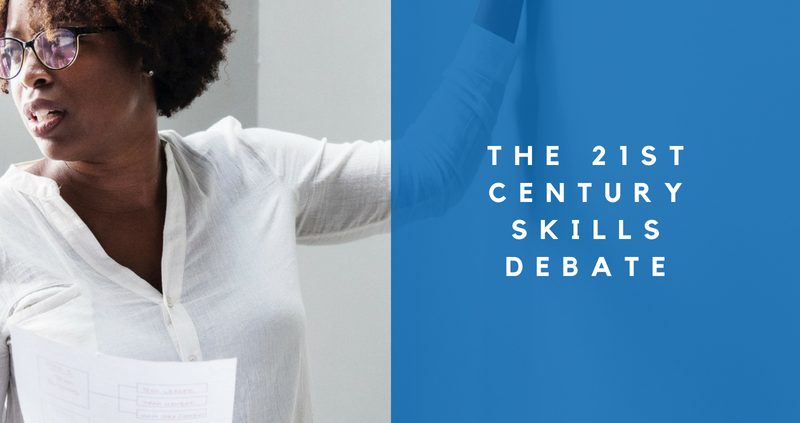The 21st Century Skills Debate
By Mark Hayter, Headmaster – Grayston Preparatory School
• Collaboration across networks and leading by influence
• Agility and Adaptability
• Initiative and Entrepreneurialism
• Effective oral and written communication
• Accessing and analysing information
• Curiosity and imaginationThe European Education framework details the following as being required 21st Century Skills (https://ec.europa.eu/education/):
• Communication in the mother tongue
• Communication in a foreign language
• Mathematical competencies and basic competencies in science and technology
• Digital competencies
• Learning to learn
• Social and Civic Competencies
• Sense of initiative and entrepreneurship
• Cultural awareness and expression
The Australian Education Framework lists the following as necessary skills (www.atc21s.org):
• Ways of Thinking
◦ Creativity and innovation
◦ Critical thinking, problem-solving, decision-making
◦ Learning to learn / metacognition (knowledge about cognitive process)
• Tools for Working
◦ Information literacy
◦ Information and communication (ICT) literacy
• Ways of Working
◦ Communication
◦ Collaboration (Teamwork)
• Ways of Living
◦ Citizenship – Local and Global
◦ Life and Career
◦ Personal and Social Responsibility – including cultural awareness and competence
The major shift in educational needs and infrastructure is driven by the changes in the world economies, with the forces of automation, globalisation, demographic change and job security driving the change.
The change in educational method and pedagogy is driven by the advances in technology, the mobility of device and speed of connectivity.
Therefore, our responsibility as schools and leaders of schools is to ensure that we prepare all students for further education. Schools need to do a better job of attending to the application of knowledge and skills, going beyond simply teaching students to “reproduce” what they are taught within familiar contexts. It is important to avoid and either or scenario with regards 21st-century skills. Traditional methodologies including factual knowledge, the ability to follow instructions, knowing how to find the right answer when there is one – are all important elements of learning.
The key is to develop a curriculum that teaches traditional skills as well as how to apply what they learn to solve real world problems and helps them to develop the broader skills necessary for the changing world. In order, to achieve this goal, schools need to teach the applied literacies and skills within the traditional educational structure rather than attempting to teach the 21st-century skills in isolation.
According to the American Skills Commission, “People who prefer conventional work environment are likely to see their jobs disappear. But those who are more comfortable working with artistic, investigative, highly social or entrepreneurial environments are likely to succeed.”
Schools will need to adapt to stimulate these kinds of learning environments in a variety of settings to develop the skills and abilities that will be critical to the children in their care.
*** The views reflected in content or links on the Staffroom blog are not necessarily those of Eiffel Corp nor it’s affiliated products. Eiffel Corp expressly disclaims all warranties, expressed or implied, as to the accuracy of any the content provided, or as to the authenticity of the information for any purpose.




Leave a Reply
Want to join the discussion?Feel free to contribute!